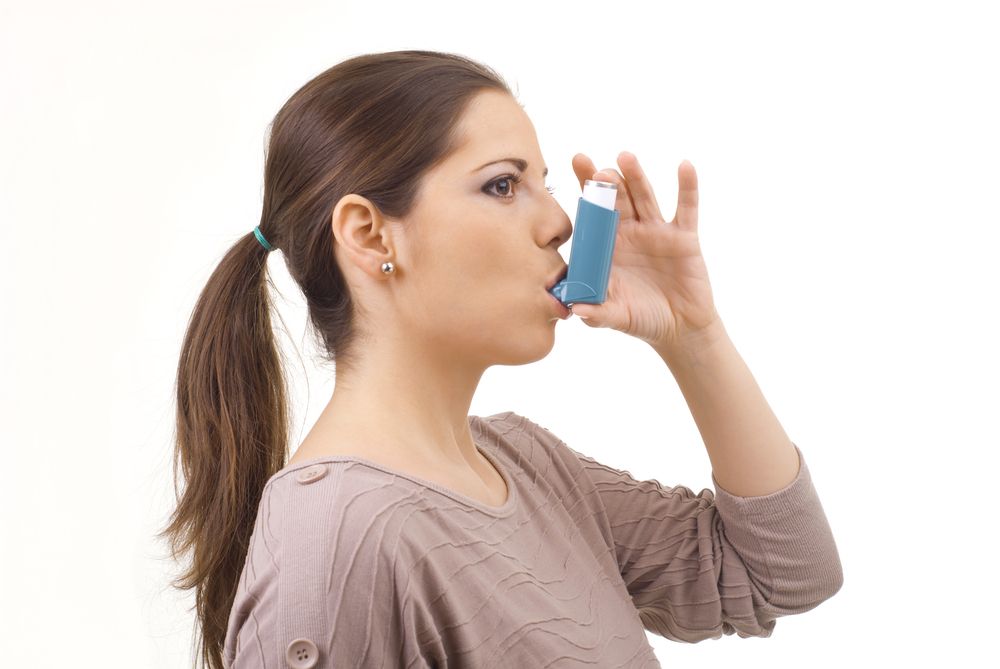9% of Adults with Asthma Say It's Work Related

Get the world’s most fascinating discoveries delivered straight to your inbox.
You are now subscribed
Your newsletter sign-up was successful
Want to add more newsletters?

Delivered Daily
Daily Newsletter
Sign up for the latest discoveries, groundbreaking research and fascinating breakthroughs that impact you and the wider world direct to your inbox.

Once a week
Life's Little Mysteries
Feed your curiosity with an exclusive mystery every week, solved with science and delivered direct to your inbox before it's seen anywhere else.

Once a week
How It Works
Sign up to our free science & technology newsletter for your weekly fix of fascinating articles, quick quizzes, amazing images, and more

Delivered daily
Space.com Newsletter
Breaking space news, the latest updates on rocket launches, skywatching events and more!

Once a month
Watch This Space
Sign up to our monthly entertainment newsletter to keep up with all our coverage of the latest sci-fi and space movies, tv shows, games and books.

Once a week
Night Sky This Week
Discover this week's must-see night sky events, moon phases, and stunning astrophotos. Sign up for our skywatching newsletter and explore the universe with us!
Join the club
Get full access to premium articles, exclusive features and a growing list of member rewards.
Workplace environments continue to be blamed for causing or worsening cases of asthma, according to the latest survey of U.S. workers by the Centers for Disease Control and Prevention.
About 9 percent of adults who have asthma reported having work-related asthma, the CDC found from its telephone survey, which was conducted in 2006-09 and included information from 38 states and the District of Columbia. This would mean that 1.4 million people in the U.S. have work-related asthma.
Florida had the highest proportion of adults with work-related asthma (14.1 percent), and Arizona the lowest (4.8 percent), according to the CDC, which will publish the results tomorrow (May 25) in its Morbidity and Mortality Weekly Report.
Black workers were found to be disproportionately affected, with 12.5 percent saying their asthma was work-related, compared with 8.2 percent of white workers. People ages 45 to 64 were the most likely to report suffering from the condition.
Work-related asthma is a preventable but often undiagnosed condition, the CDC says. It calls for an expanded effort to collect information on the condition so researchers can learn more about its triggers and how to prevent it. For instance, in years past, reducing the amount of powder in latex gloves led to a reduction of work-related asthma in the health care industry, the CDC says.
The report is based on a telephone survey of about 38,300 adults who have asthma. Because not all states were included in the survey, and because only landlines were used, the estimates may not be representative of the U.S. population as a whole, the CDC said.
Pass it on: More should be done to prevent work-related asthma in the United States, the CDC says.
Get the world’s most fascinating discoveries delivered straight to your inbox.
Follow MyHealthNewsDaily on Twitter @MyHealth_MHND. Find us on Facebook.
 Live Science Plus
Live Science Plus











